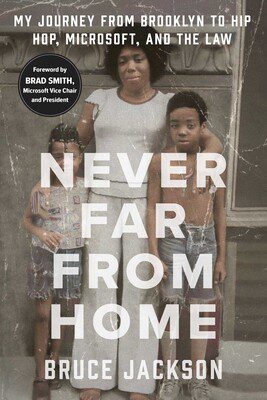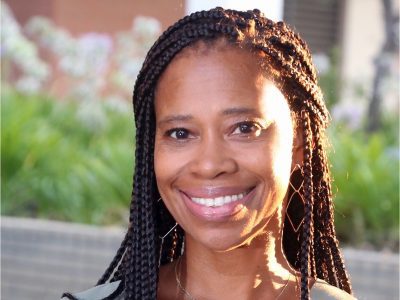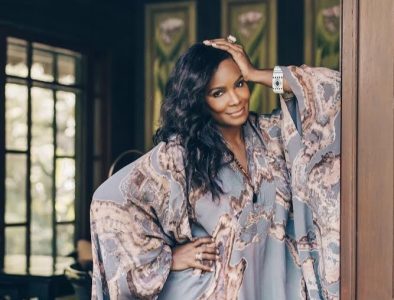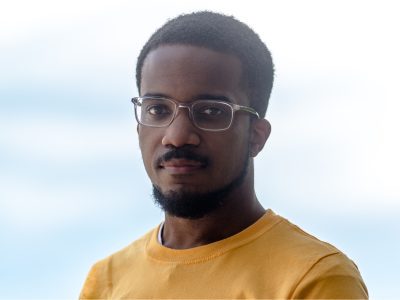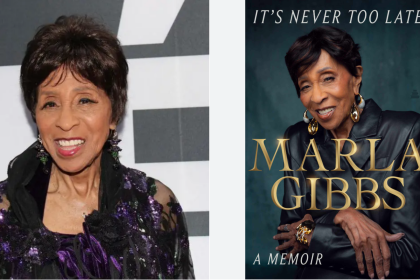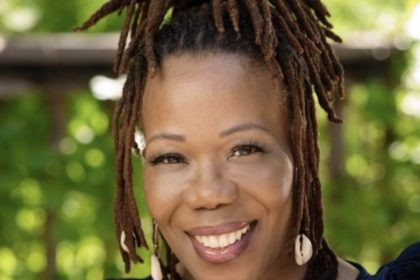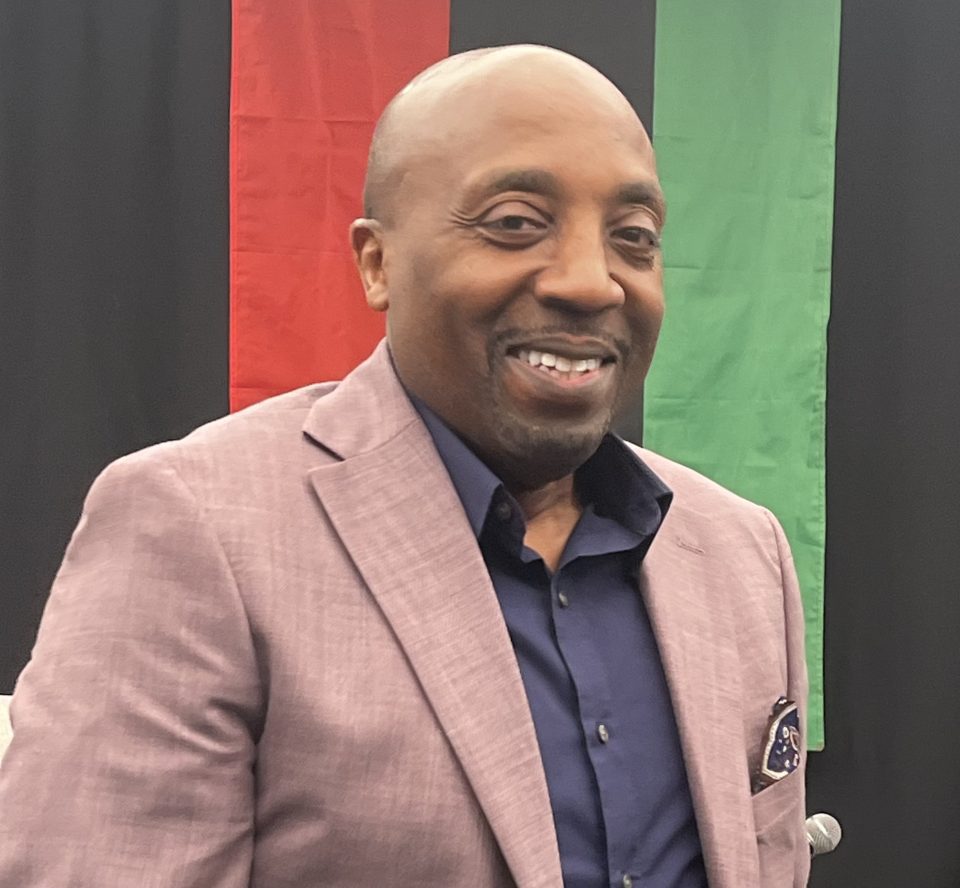
Bruce Jackson has written an inspiring memoir, Never Far From Home; My Journey From Brooklyn to Hip Hop, Microsoft, and the Law. In a candid interview with rolling out, Jackson opened up about his formative years.
At the age of 9, Jackson and his family made a significant move from pre-gentrified Crown Heights section of Brooklyn, to a tenement apartment building across the street from the iconic Lincoln Center in Manhattan. Surrounded by a world of art and music while subsisting on public assistance, Jackson became acutely aware of the disparities between his neighborhood and the affluent surroundings.
Living in an environment where options seemed limited, Jackson faced the harsh realities of inner-city life; drugs, crime and desperation were prevalent as desperate youth looked for hope and money.
“I made the decision early on not to sell drugs because a lot of my friends were getting killed or going to jail,” said Jackson.
Jackson’s life of crime consisted of recruiting peers from Brooklyn to steal and then resell newspapers in Manhattan. Jackson’s “crime syndicate” was less dangerous, but still illegal. It was witnessing the murder of a friend, and threats from his father who vowed to report his activities to police that led Jackson to make a pivotal decision. He enrolled in a co-op program in high school, a transformational initiative in which students alternated between attending school and gaining work experience.
The program allowed Jackson to earn money, but the academics were subpar, so Jackson wasn’t prepared for college. In order to gain admission to Hofstra University, he had to first complete a summer program, which he determined to quit after two weeks. It was the words of his aunt that stilled him.
“My aunt shared with me my family’s journey. She said, ‘Your grandmother picked cotton and couldn’t look White people in the face. Your mother picked cotton. No one in the Jackson family ever graduated college.’ That was really the turning point of my life,” said Jackson.
Jackson not only remained in college, he eventually thrived in the accounting program. His secret to success was simply to outwork everyone else. It was his only way to catch up. After graduation, Jackson turned down prestigious job offers in order to attend Georgetown University Law School where he specialized in tax law and earned Master of Law.
Driven by his love for entertainment and a desire to protect the rights of Black people, Jackson turned down jobs paying around $70K for a job as an entertainment attorney that paid only $6K.
“I tell people, sacrifices have to be made. I called my mom and said I needed to come back and live with her because that’s the only way it would work. I can’t live off that amount of money in New York City. So I end up moving back to the project[s] as an attorney. But to me, it’s not that difficult when you have family and friends there,” said Jackson.
This sacrifice led to him representing influential clients in the music industry like LL Cool J. However, the digital transformation of the music industry presented a new challenge. Recognizing the need to adapt, Jackson strategically pivoted and joined Microsoft, leveraging his music background to help the tech giant enter the music business.
“Entertainment was kind of a love of mine. No one really knew it, but I wanted to be on Broadway, so I took dance, acting[and] singing lessons growing up,” said Jackson. “I [was an entertainment lawyer] for a number of years. And then the digital transformation took place in the music industry. I decided to pivot. At the time, Microsoft wanted to get into the music business, so I helped Microsoft with my music background and Microsoft helped me from a technology perspective. My goal was just to do that for two years.”
What was initially intended as a two-year stint at Microsoft turned into a 21-year journey. Throughout his tenure, Jackson remained committed to promoting diversity and inclusion. He challenged the lack of diversity within the company, and as a result, was instrumental in driving change. Jackson firmly believes that leaders of color have a responsibility to champion diversity and inclusion, not only within their organizations but also in the legal profession as a whole.
